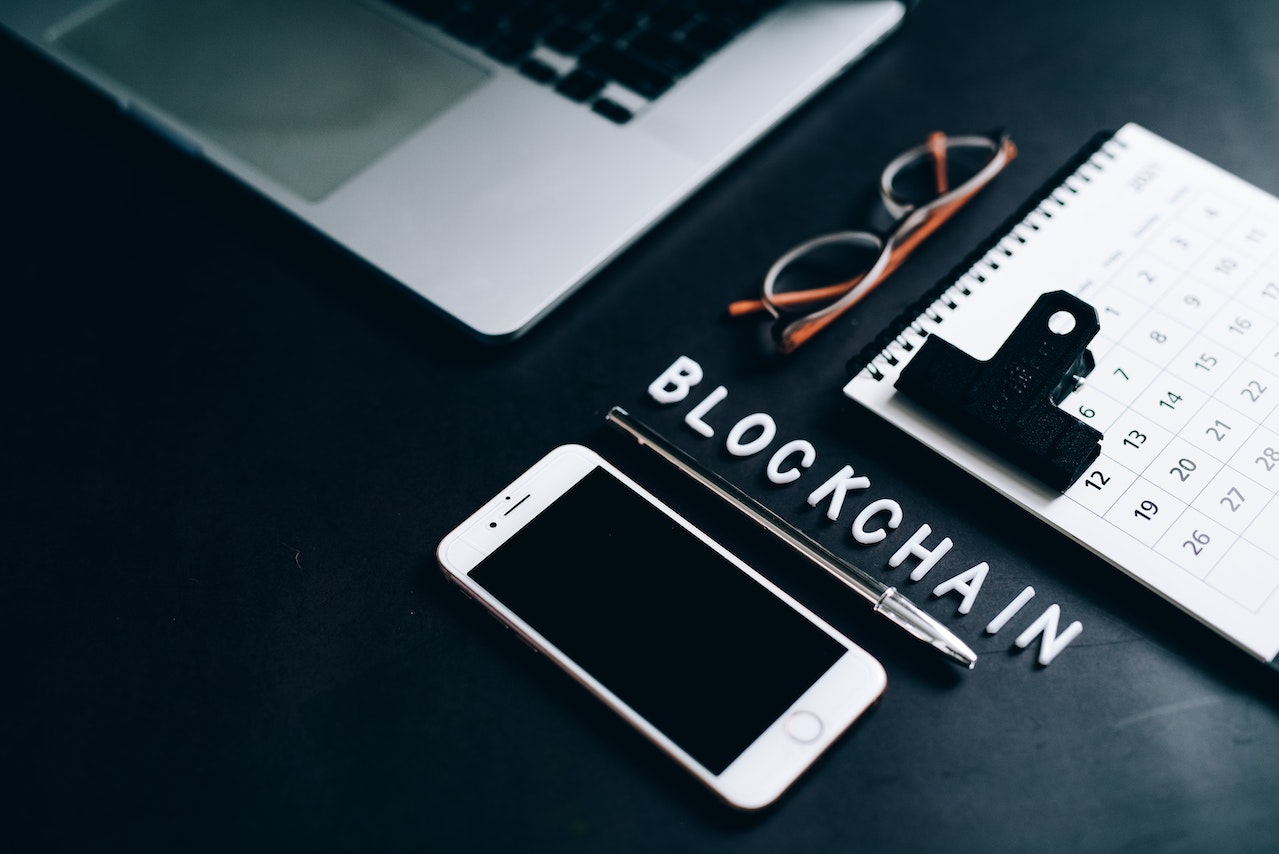Blockchain supply chain future link companies to produce and distribute products globally. As global supply chains get more complex, new technologies like blockchain could improve supply chain operations. This article looks into how blockchain might change supply chain management in the coming years by enabling better product tracking, automated processes, and accountability among partners. Keep reading to learn about this emerging development in digital supply chain systems.

Tracking Products through the Supply Chain
Blockchain lets us securely track products as they move from factories to stores. It keeps a decentralised record of each transaction as products change hands between companies.
- See product location and path in real time: Supply chain partners can instantly view a product’s current location.
- Find defective products more easily: Products identified as faulty can quickly be traced back through the supply chain stages to contain issues.
- Prevent fake products by tracking real ones: The authentic origin of real products is permanently recorded on the blockchain so that fakes can be spotted.
Simplifying Payments and Deals
Smart contracts on the blockchain can automatically process payments and deals between supply chain companies without middlemen:
- Speeds up deal-making: Removing middlemen can make negotiating and approving deals faster.
- Lowers costs: Cutting out financial middlemen reduces fees to make payments and deals.
- Reduces mistakes: Automating payments and deals decreases errors and delays from manual work.
By automating payments and deals between supply chain stages, blockchain application makes the system more efficient.
Encouraging Responsibility
A groundbreaking part of blockchain logistics is sharing accountability across supply chains:
- Partners are collectively responsible: Blockchain transparency shows where any problems happen.
- Rewards for following rules: Smart contracts can automatically provide incentives when supply chain goals are met.
- Penalties for violations: Smart contracts can also automatically impose penalties when rules are broken.
This shared accountability powered by blockchain financially encourages all supply chain partners to work towards the same goals.
How Blockchain Can Improve Supply Chains?
Today’s supply chains are complex as the products pass many companies globally. This creates transparency, speed and accountability issues:
First, hard-tracking items through multiple supply chain stages.
Second, delayed payments and deals from manual processing with middlemen.
Finally, blame-shifting when inevitable problems arise as no shared responsibility.
Excitingly, blockchain can upgrade supply chains in these areas through product tracing, deal automation, and aligned accountability incentives for partners.
Conclusion
In conclusion, blockchain has great potential to solve major supply chain problems like lack of transparency, slow speed, and unwanted conflicts between partners. As the technology improves, supply chain managers globally should prepare to adopt blockchain early on to benefit from better product tracing, faster deals, and shared responsibility it enables.
FAQs
1. How can blockchain improve product tracing?
Product tracing can be improved by creating permanent tamper-proof records of transactions that track items through all supply chain stages.
2. What supply chain operations can blockchain streamline?
Smart contracts can accelerate and automate payments, contracts and other deals by removing middlemen and manual work.
3. How does blockchain enable shared accountability?
It provides transparency into where failures occurred across decentralised supply chain networks, preventing finger-pointing. Smart contracts also align partners through incentives and penalties.
4. When will supply chains adopt blockchain?
As blockchain technology improves over the next 5-10 years, global supply chains will likely quickly adopt blockchain solutions across their systems.
5. How can I learn more about blockchain in supply chains?
Read more articles and analyses by industry experts tracking the progress of blockchain supply chain future and adoption.




